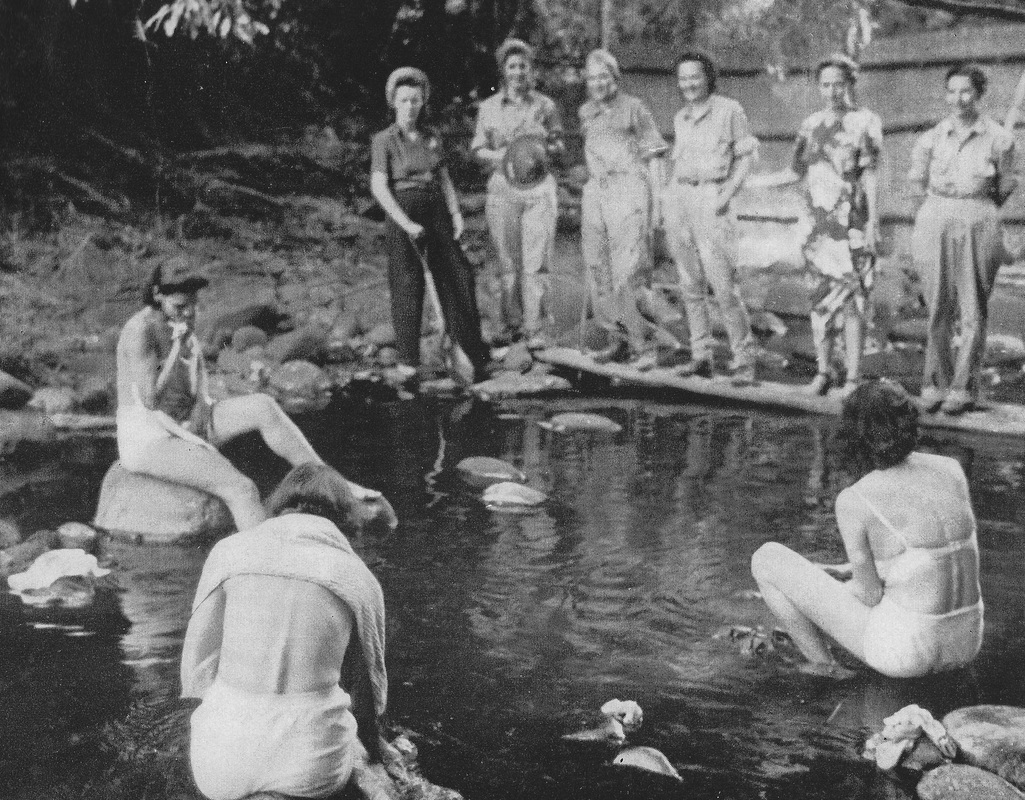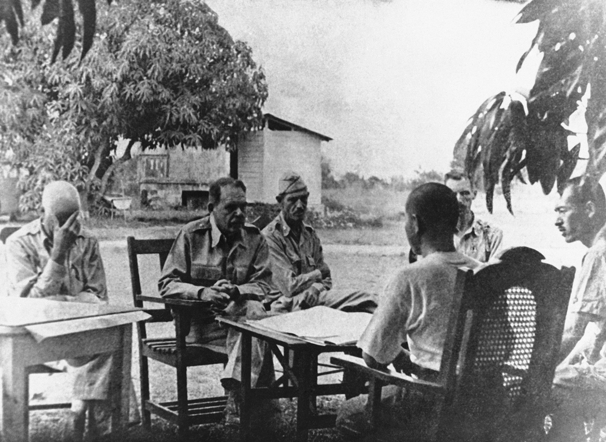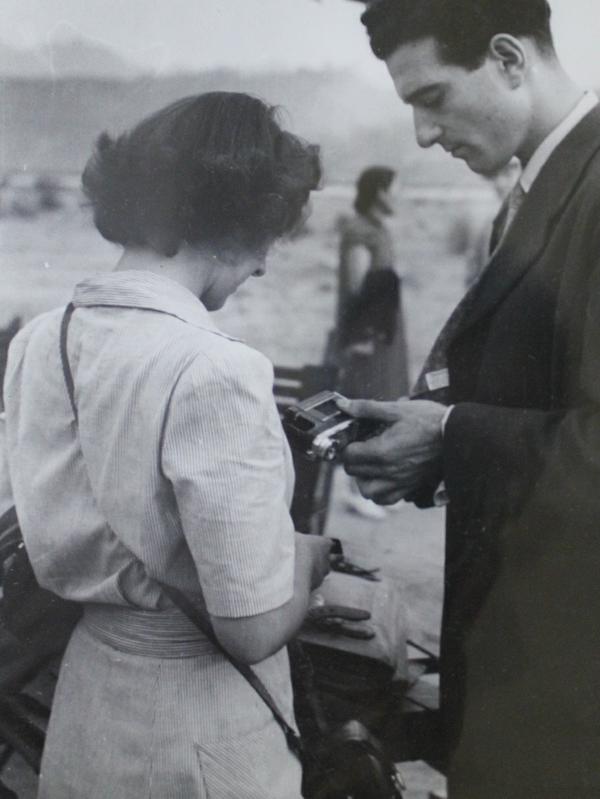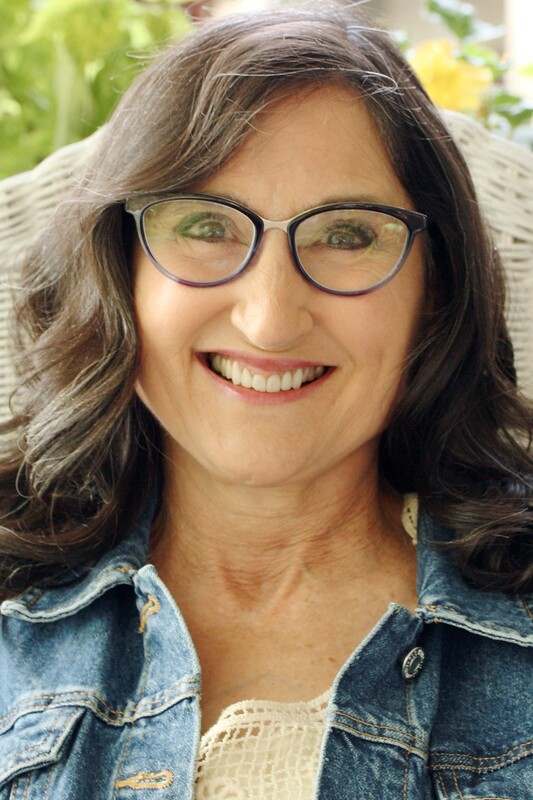|
In the midst of photo research for PURE GRIT, I discovered the love story of Annalee Whitmore and Melville Jacoby. Right off, I admired Annalee's daring. And I was curious how she ended up in taking photographs of Army nurses serving in the Battle of Bataan. She got credit for this photo in LIFE magazine. Her daughter told me credit for the rest of her photos went to her husband, Melville Jacoby, officially the reporter for Time and LIFE. 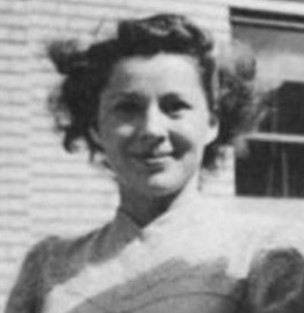 In 1940, the expected role for US women in their twenties was to get married and start a family. Not Whitmore. She had several hit Hollywood screenplays to her credit and a 7-year contract with MGM. But war had broken out in China, and fascism was on the march. Annalee had edited the student newspaper at Stanford and like any good journalist, she wanted to see action. Annalee rustled up an assignment in China with Reader's Digest, but the American government would not allow women reporters in the war zone. She heard a fellow-Stanford graduate who'd been to China was in town and she got in touch. 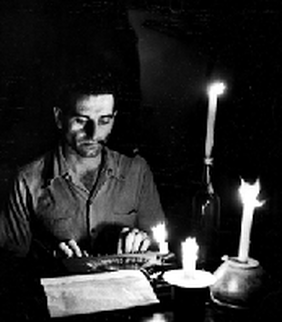 Mel Jacoby agreed to meet her for a drink at a bar on Wilshire Boulevard and she picked his brain. Yes, he would help, and through his connections Annalee got a position with United China Relief in Chungking. Already smitten, Annalee was happy to find Mel was going back to China, where he became a correspondent for Time, and the two started having dinner together every evening. As Japan grew more threatening in the fall of 1941, most Americans left China. Mel was assigned to report on events in Manila and pleaded with Annalee to come along and marry him. In November, she did, arriving on the 26th. The couple went straight to the church. 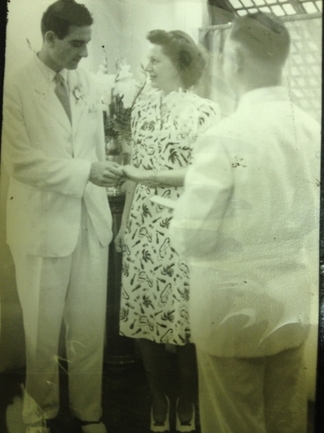 They had only just returned to Manila from their honeymoon when the Japanese bombed Pearl Harbor, and within hours, attacked the Philippines. It was too late to leave the islands. Due to Mel's reporting in China, he was on a Japanese blacklist, and would be executed if caught. The couple decided to retreat with the U.S. Army to Bataan and Corregidor, try to hold out for reinforcements. As the battle surged through January and February, Annalee covered it for Liberty magazine, though most of her stories did not pass the military censors. She talked to men who'd been on the front line for weeks. "All night they hope for daylight because of the snipers, all day they hope for night so the waves of enemy planes will stop." She talked to nurses soldiering on as medical supplies and food dwindled. She wrote they all hoped to hold until until help came. Soon it was clear no help would come. The reporters discussed the chances of getting out, getting their stories out, possibly influencing the War Department. Chances of survival here, looked grim. Mel made arrangements for himself and Annalee on a boat. They boarded at night and navigated through the minefields to open water. Traveling by dark, sheltering along the coast when the sun came up, eventually the arrived at Cebu Island where they waited for a second larger boat. After waiting and watching four days, they caught the Dona Nati and set off for Australia, evading Japanese warships. "There was always a tight feeling in our stomachs," Annalee said. It was twenty-two days before they sighted Brisbane. Here's where I wanted to believe Mel and Annalee lived happily ever after. Working together taking pictures and writing stories.
But two months after the couple arrived in Australia, Mel stood on a secret Australian airfield waiting to board a plane with a small group of military men. A fighter plane lost control on take off and careened into the group. Jacoby was killed instantly. He was 25, the first American correspondent to die in a WWII combat theater. Annalee was heartbroken. After the war she returned to China, still one of very few women journalists there. She's most well-known for the book she co-authored with Theodore H. White called Thunder out of China. |
I'm fascinated to discover little-known history, stories of people and events that provide a new perspective on why and how things happened, new voices that haven't been heard, insight into how the past brought us here today, and how it might guide us to a better future.
I also post here about my books and feature other authors and their books on compelling and important historical topics. Occasionally, I share what makes me happy, pictures of my garden, recipes I've made, events I've attended, people I've met. I'm always happy to hear from readers in the blog comments, by email or social media. Archives
September 2023
Categories
All
|
